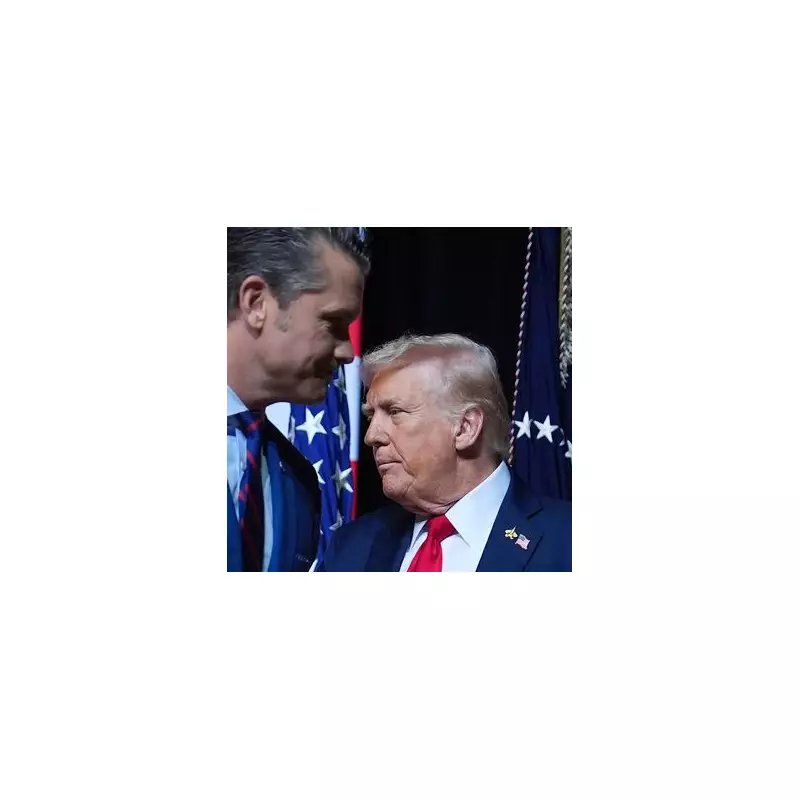
In a stunning intervention that has sent shockwaves through Westminster, former US President Donald Trump has called on British military leaders to aggressively confront their political opponents. The controversial remarks were made during a private gathering at his Mar-a-Lago estate in Florida, where Trump reportedly urged senior figures to "fight back" against those they disagree with.
Explosive Comments at Private Gathering
According to sources present at the event, Trump didn't hold back in his assessment of UK political dynamics. "You've got to fight," he allegedly told attendees, suggesting that military leaders should take a more confrontational approach towards political adversaries. The comments have raised serious questions about appropriate boundaries between military and political spheres in a democratic society.
Diplomatic Fallout and Security Concerns
Security experts and political analysts have expressed deep concern about the implications of such statements from a former world leader. The remarks come at a particularly sensitive time for UK-US relations, with Britain navigating complex global security challenges and maintaining its traditional alliance with the United States.
One Whitehall insider described the comments as "highly inappropriate," noting that British military leaders have a long-standing tradition of political neutrality. "Our armed forces serve the crown and the elected government, not political factions or foreign interests," the source emphasised.
Reactions from Across the Political Spectrum
The response from British politicians has been swift and largely critical. Senior figures from multiple parties have condemned the remarks as unacceptable interference in UK domestic affairs. Defence specialists worry that such comments could undermine public confidence in the political neutrality of the armed forces.
Meanwhile, Trump's supporters have defended his right to express opinions on international matters, arguing that he was merely encouraging strength in leadership. This divergence in interpretation highlights the ongoing polarization in political discourse on both sides of the Atlantic.
Broader Implications for International Relations
The incident raises important questions about how foreign leaders should engage with domestic political and military institutions in allied nations. Protocol experts note that former presidents typically exercise more restraint when commenting on the internal affairs of close allies.
As the UK prepares for upcoming political challenges and continues to define its global role post-Brexit, maintaining the integrity of its democratic institutions remains paramount. This episode serves as a reminder of the delicate balance required in international diplomacy and the importance of respecting national sovereignty.





